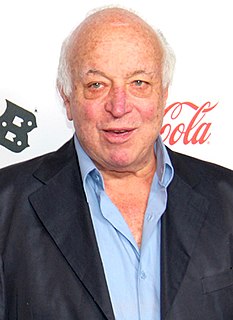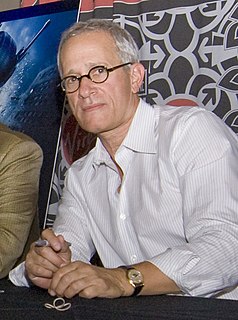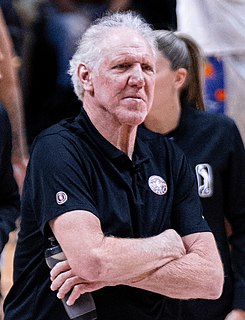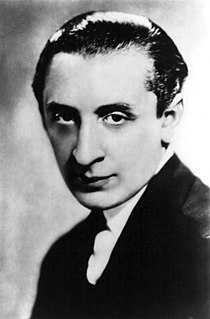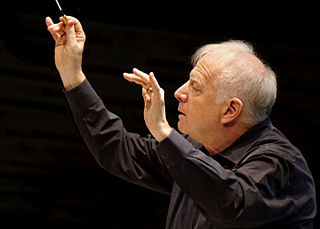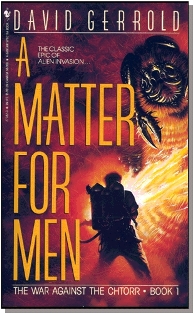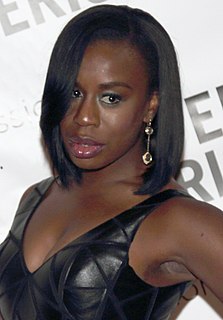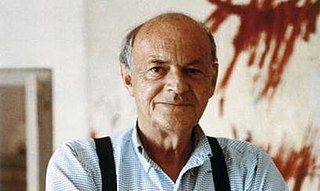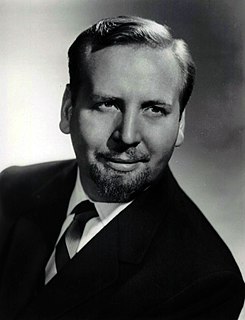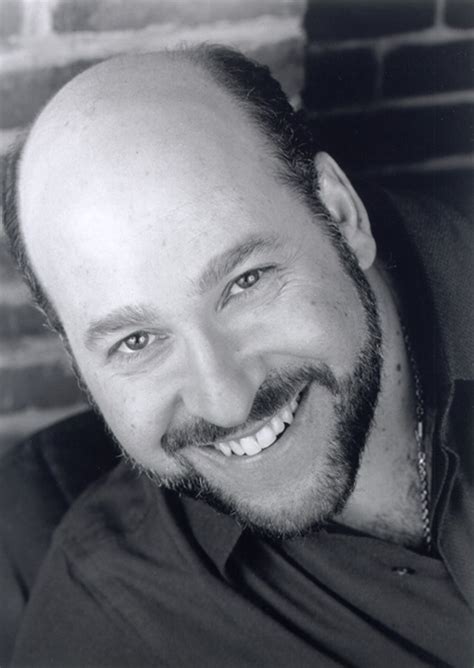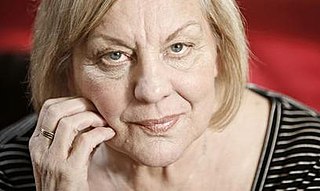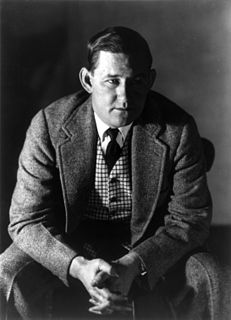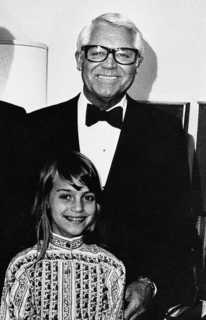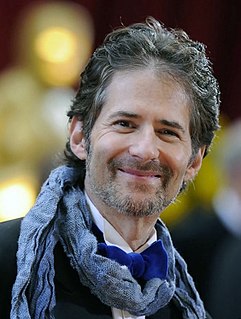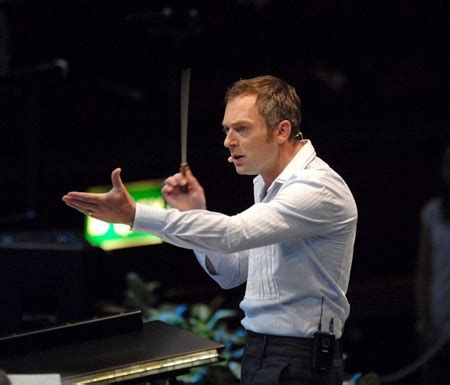Top 39 Tchaikovsky Quotes & Sayings
Explore popular Tchaikovsky quotes.
Last updated on November 25, 2024.
[Peter] Tchaikovsky's "1812 Overture" was my first go-to song in terms of getting into the zone and getting ready and then I quickly gravitated to rock and roll music in the mid-'60s with the Grateful Dead, Bob Dylan, Neil Young, The Beatles, Crosby, Stills & Nash, The Rolling Stones, Carlos Santana. So many of them are still around and still going strong. I go out to see them all the time.
On the corner of 57th and 7th Avenue sits the most famous concert hall in the world. No less a figure than when Tchaikovsky led the first performances in 1891. Virtually every major artist has performed there. There is simply no place like it. The first time I stepped foot in Carnegie Hall was in 1964.
He believed that life, true life, was something that was stored in music. True life was kept safe in the lines of Tchaikovsky's Eugene Onegin while you went out in the world and met the obligations required of you. Certainly he knew (though did not completely understand) that opera wasn't for everyone, but for everyone he hoped there was something. The records he cherished, the rare opportunities to see a live performance, those were the marks by which he gauged his ability to love.
I remember him reading 'Sleeping Beauty,' and he would play the score by Tchaikovsky as he read it. We'd also read 'Winnie the Pooh,' and, you know, those probably that he most often read me were 'Beatrix Potter' books, 'The Tale of Jemima Puddle-Duck' and 'The Tale of Mrs. Tiggy-Winkle.' I still have at least 15 of them.
They say that Pyotr Ilyich Tchaikovsky was a homosexual. Truth be told, we don't love him because of that, but he was a great musician, and we all love his music. So what? I assure you that I work with these people. I sometimes award them with state prizes or decorations for their achievements in various fields. We have absolutely normal relations, and I don't see anything out of the ordinary here.



